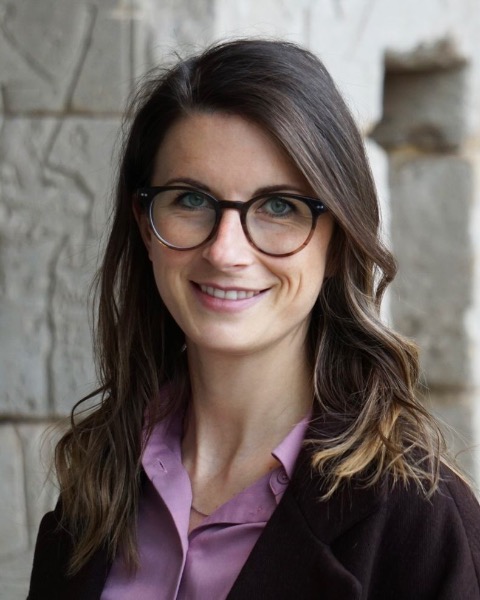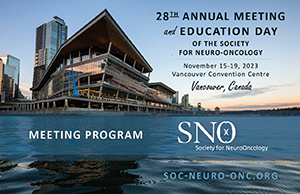
Lisa Gabler
Department of Pediatric Oncology, Dana-Farber Cancer Institute, Division of Hematology/Oncology, Boston Children's Hospital and Harvard Medical School, Boston, MA, USA
Boston, Massachusetts, United States
Lisa Gabler, PhD is a junior group leader at the Department of Neurosurgery, Medical University of Vienna, Austria. Her research is primarily focused on precision medicine and therapy resistance mechanisms, computational biology, and translational brain cancer research. She is interested in tumor-promoting receptor tyrosine kinases and their interactions with paracrine or autocrine ligands across aggressive brain cancers. She aims to understand how receptor-ligand interactions contribute to resistance development in aggressive cancer types exhibiting pronounced cellular heterogeneity. To fulfil these aims, she mixes single cell and bulk transcriptomics and DNA methylation profiling with functional assays in patient-derived cell models and in xenografts. The goal of her work is to identify patient subsets, who may benefit from therapeutic disturbance of oncogenic receptor-ligand interaction networks.
She did her PhD training in the group of Prof. Dr. Walter Berger at the Center for Cancer Research, Medical University of Vienna, Austria, where she studied the pro-oncogenic role of fibroblast growth factor receptors on glioblastoma aggressiveness as well as molecular mechanisms in BRAF-mutated high-grade glioma in response to BRAF inhibition.
Dr. Gabler pursued her postdoc in the group of Assistant Professor Volker Hovestadt, PhD at the Department of Pediatric Oncology, Dana Farber Cancer Institute, Boston, MA, USA and was part of the epigenetics program at the Broad Institute of MIT and Harvard in Boston. During her postdoc, she focused on elaborating cell-cell communication mechanisms in the tumor bulk as well as between cancer cells and the tumor-surrounding non-malignant brain in embryonal tumor with multilayered rosettes (ETMR) and medulloblastomas using both computational tools and functional validation. She recently moved back to Austria as she was awarded two starting grants from the Austrian Science Fund (FWF) and the Austrian Academy of Sciences funding her research on pediatric brain cancers.

